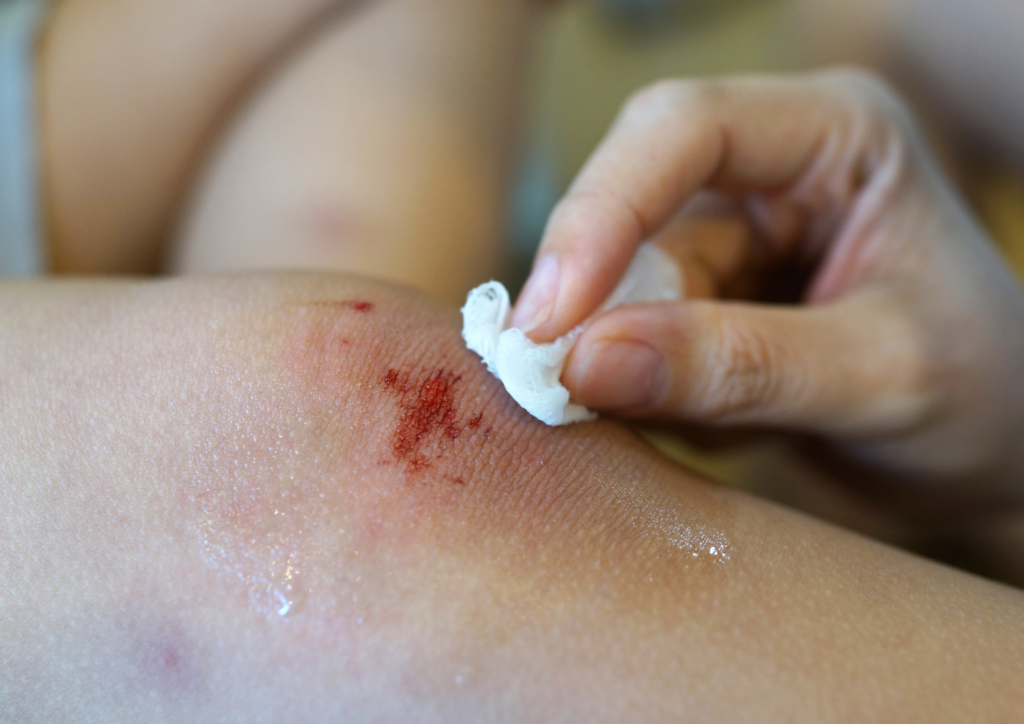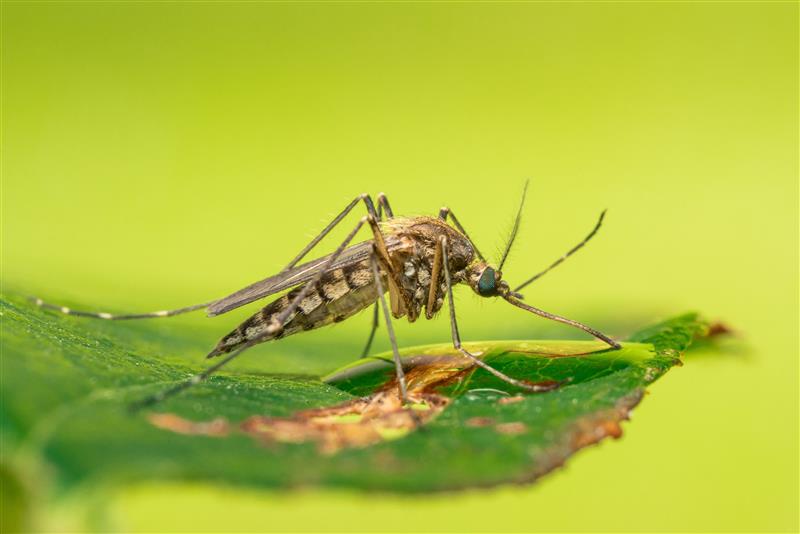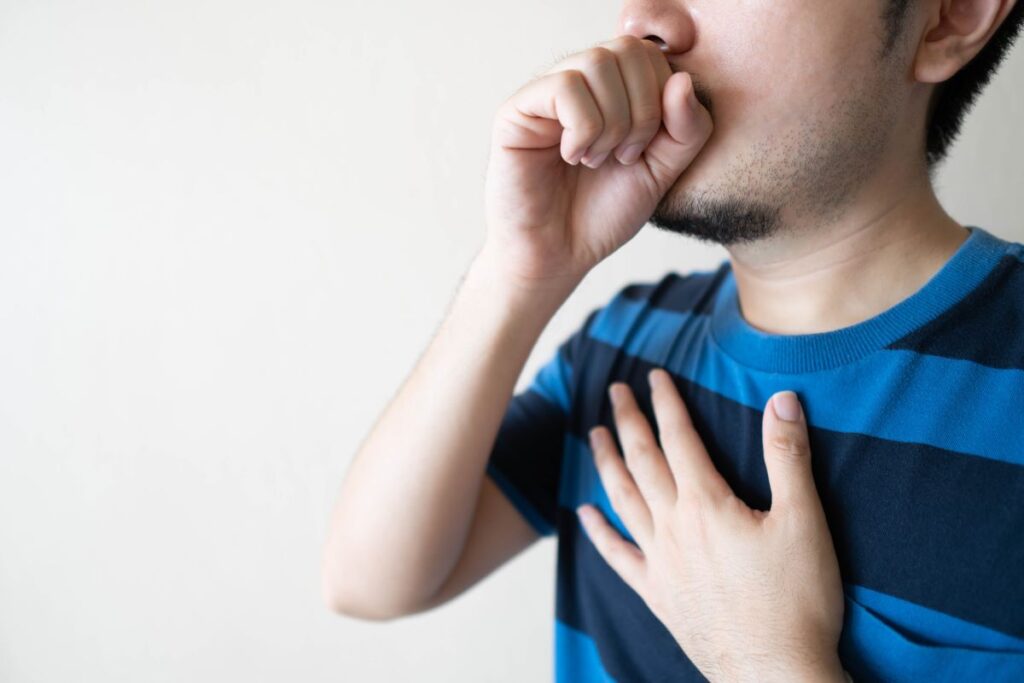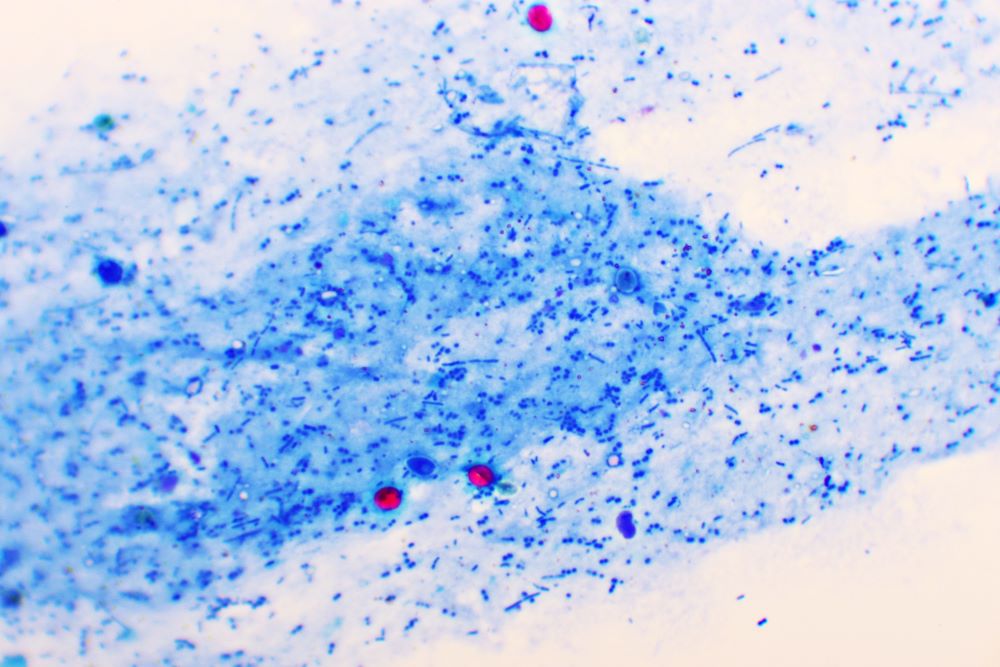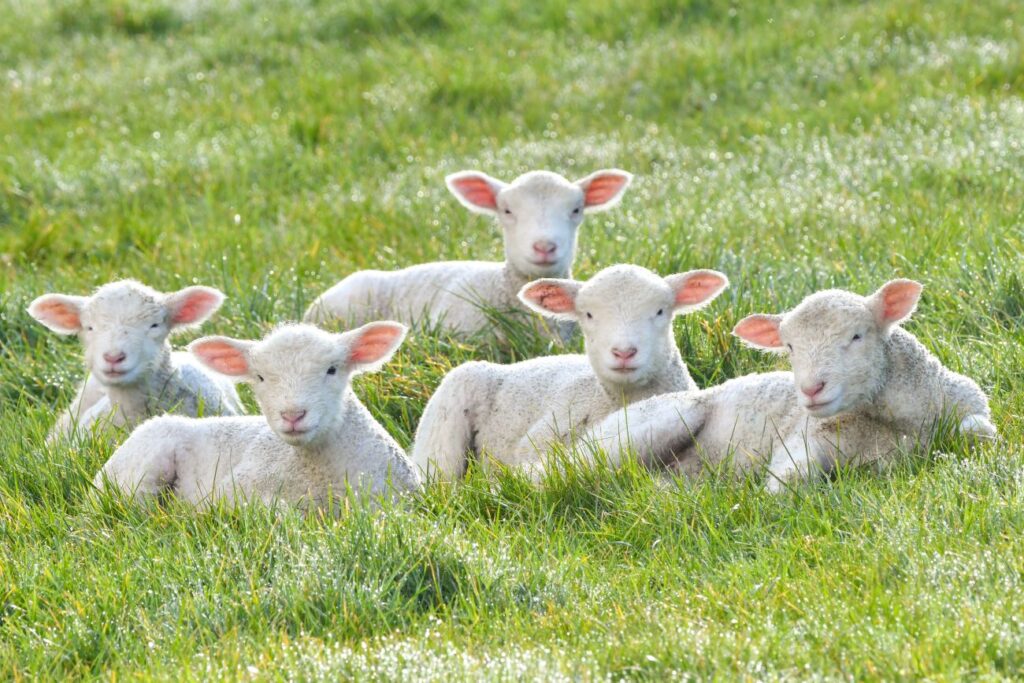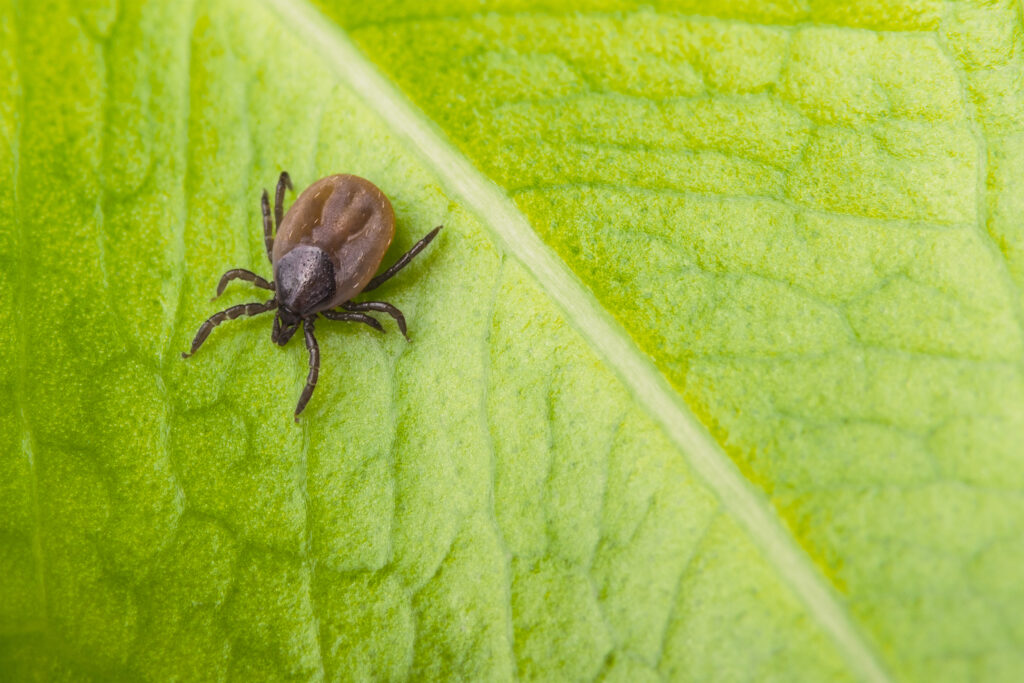Health Protection
Posts about the work of the Health Protection directorate
Burkholderia are a type of bacteria found naturally in the environment, including in soil and water. Burkholderia stabilis is one species within this group. While many people never encounter problems with this type of bacteria, it can cause serious infections in certain …
UKHSA's Weather-Health Alerts (WHAs) are separate from the Met Office's National Severe Weather Warning Service (NSWWS) - and understanding the difference matters.
Meningitis is a serious condition where the protective layers (meninges) around the brain and spinal cord become inflamed. It has many causes, such as different germs, including bacteria, viruses, and fungi. In the UK, most cases are due to bacteria or viruses. Some of the bacteria that cause meningitis can also lead to septicaemia (blood …
As West Nile virus is detected in mosquitoes collected in the UK for the first time, we take a look at how UKHSA is protecting the UK from vector-borne diseases
We introduce the new campaign to Keep Antibiotics Working, fronted by our mascot Andi Biotic, and look at why we all need to be more aware of Antimicrobial Resistance (AMR).
On World TB Day 2025, we look at the most recent data, which showed a rise of 13% in reported numbers of cases in England between 2023 and 2024.
NOIDs publishing has been paused from 3 April 2025 while UKHSA undertakes development work to improve the completeness of what is published compared with what is reported to UKHSA Health Protection Teams by doctors. This pause is timed to also …
Cryptosporidium [pronounced krip-toe-spuh-RID-ee-um] is a microscopic parasite that can cause an unpleasant – and sometimes dangerous – illness called cryptosporidiosis. This nasty bug lives in the intestines of infected humans and animals and is passed out in their poo. It …
This blog post was reviewed and updated in February 2026. Visiting a farm is one of the most enjoyable and educational experience outdoor activities for kids, but it carries a risk of infection from animals or the environment. Farm animals …
To help you stay safe this spring and summer, we've compiled a guide to protecting yourself from tick-borne infections. In this blog, you'll learn how to avoid tick bites, how to recognise the signs and symptoms of Lyme disease and TBE and when to seek medical assistance.
